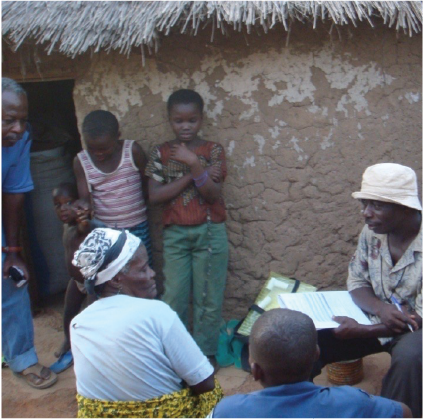A survey with an agenda
Household surveys play a critical role in meeting national data needs. Currently, surveys are available from too few countries, often cover only certain topics, focus on certain population groups and may not be comparable. Survey data may not systematically feed into national information systems for health and should work towards building national capacity.
- The WHS+ would aim to achieve better sequencing and coordination between studies, improvements in integrating survey data into health information systems and country capacities, and inclusion of neglected topics and population groups.
- WHS+ provides countries with the opportunity to fill gaps in health data. WHS+ will support countries to measure what is being done, reveal what impact this is having, establish the value of return on invested funding and assess progress towards global goals.
- WHS+ builds on WHO’s World Health Survey conducted in 69 countries. WHS+ also derives best practices from other WHO and international surveys, such as the longitudinal Study on global AGEing and adult health (SAGE), Demographic and Health Survey (DHS), Multiple Indicator Cluster Surveys (MICS), Living Standards Measurement Study (LSMS), and Global Adult Tobacco Survey (GATS). The sampling design of WHS+ is adaptable to allow cross-sectional or longitudinal surveys.




